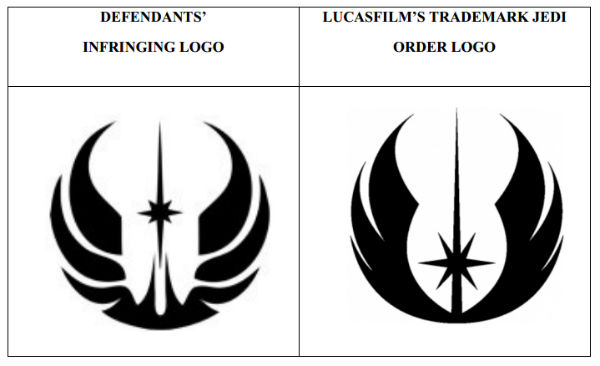KickassTorrents Defense: Torrents Are Not Copyrighted Content, US Has No Case
mardi 18 octobre 2016 à 11:18 In July, Polish law enforcement officers arrested Artem Vaulin, the alleged owner of KickassTorrents, who’s been held in a local prison ever since.
In July, Polish law enforcement officers arrested Artem Vaulin, the alleged owner of KickassTorrents, who’s been held in a local prison ever since.
While awaiting the start of extradition hearings, Vaulin’s U.S. defense team has asked the Illinois federal court to dismiss the entire case.
In a detailed memorandum, lead counsel Ira Rothken argues that the U.S. Government’s allegations of criminal conduct are flawed. Assuming that Vaulin is indeed the site’s founder, he didn’t commit any crimes.
KickassTorrents (KAT) was merely a torrent search index, the defense explains. It provided a search function for torrent files which in and by themselves do not contain any copyrighted content.
“Websites like KAT are devoid of content files. Instead, KAT is nothing more than a search engine, no different in any material way from Google and other popular website search engines, except that KAT indexes BitTorrent files,” Rothken writes.
“Thus, at its core, the indictment merely alleges that visitors to KAT may take advantage of KAT’s automated search processes to search for and locate ‘dot torrent’ files. Such files contain textual information assembled by automated processes and do not contain copyrighted content.”
If KAT’s users downloaded any infringing content, this would occur away from the site on their local computers, beyond KAT’s control. Merely downloading a torrent file by itself is not an infringing act.
The fact that torrents themselves are not illegal means that operating a torrent index can’t be classified as a direct copyright infringement, according to the defense. As such, torrent search indexes don’t commit any criminal acts.
“The fundamental flaw in the government’s untenable theory of prosecution is that there is no copyright protection for such torrent file instructions and addresses. Therefore, given the lack of direct willful copyright infringement, torrent sites do not violate criminal copyright laws,” the memorandums reads.
It is possible to hold torrent site operators liable for “secondary” infringements committed by their users, as we have seen in the past. However, this is only possible under civil law, Vaulin’s defense team argues.
Congress has declined to include “secondary copyright liability” in criminal legislation. As such, the indictment accuses Vaulin of a crime that doesn’t exist.
“The indictment would make defendant responsible for infringements committed by former visitors to KAT who are acting in an entirely different online context. In the global connected culture, such elastic expansions of criminal exposure cannot be permitted to stand absent overt action by Congress updating the Copyright Act,” the defense notes.
Vaulin’s legal team further points out that the indictment fails to specify any copyrighted media that was downloaded or infringed in the United States. In addition, the money laundering claims are moot since these are based on the criminal copyright infringement claims.
In summary, the defense says that the U.S. Government’s claim of willful direct criminal copyright infringement for operating a torrent site fails. As such, they ask the federal court to dismiss the case in its entirety.
“Any theory that a torrent search engine could be held responsible for the offsite infringing acts of its users would be a theory of civil secondary copyright infringement. Such a civil theory is not an offense against the United States and fails as a matter of law.”
“Any and all counts that are dependent on criminal copyright infringement, including the conspiracy and money laundering counts, must fail. For all the reasons set forth above, the Court should dismiss the indictment,” Rothken adds.
The KAT case shows a lot of similarities to the criminal proceedings against Kim Dotcom, for whom Ira Rothken is also the lead counsel. Both cases center around questions of whether the defendants be extradited for secondary copyright infringement charges.
The U.S. Government is expected to counter these claims during the weeks to come, after which the court must make a decision.
The full memorandum of law in support of the motion to dismiss is available here (pdf).
Source: TF, for the latest info on copyright, file-sharing, torrent sites and ANONYMOUS VPN services.
 There have been a number of anti-piracy technologies that have become loathed by video games pirates over the years. Some are hated due to their tendency to reduce the quality of the gaming experience. Others are predictably hated due to their effectiveness.
There have been a number of anti-piracy technologies that have become loathed by video games pirates over the years. Some are hated due to their tendency to reduce the quality of the gaming experience. Others are predictably hated due to their effectiveness. Have you ever wanted to learn how to properly fight with a lightsaber? Then the
Have you ever wanted to learn how to properly fight with a lightsaber? Then the 

 This week we have three newcomers in our chart.
This week we have three newcomers in our chart.  With more than
With more than 
